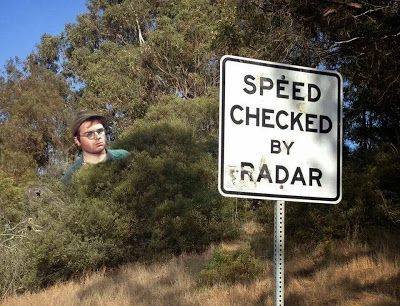O C Diver
Guru
- Joined
- Dec 16, 2010
- Messages
- 12,881
- Location
- USA
- Vessel Name
- Slow Hand
- Vessel Make
- Cherubini Independence 45
As a friend of mine would put it, "when given a choice, take both".
Maybe the OP should get neither. Apparently he hasn't reached the point where either is indispensable. Go spend another season cruising without. If you get fatigued, stop and drop the hook. If you can't see where you're going, pull out of the channel, drop the hook, and practice blowing your whistle.
Maybe next winter you will know what your priorities are.
Ted
Maybe the OP should get neither. Apparently he hasn't reached the point where either is indispensable. Go spend another season cruising without. If you get fatigued, stop and drop the hook. If you can't see where you're going, pull out of the channel, drop the hook, and practice blowing your whistle.
Maybe next winter you will know what your priorities are.
Ted


